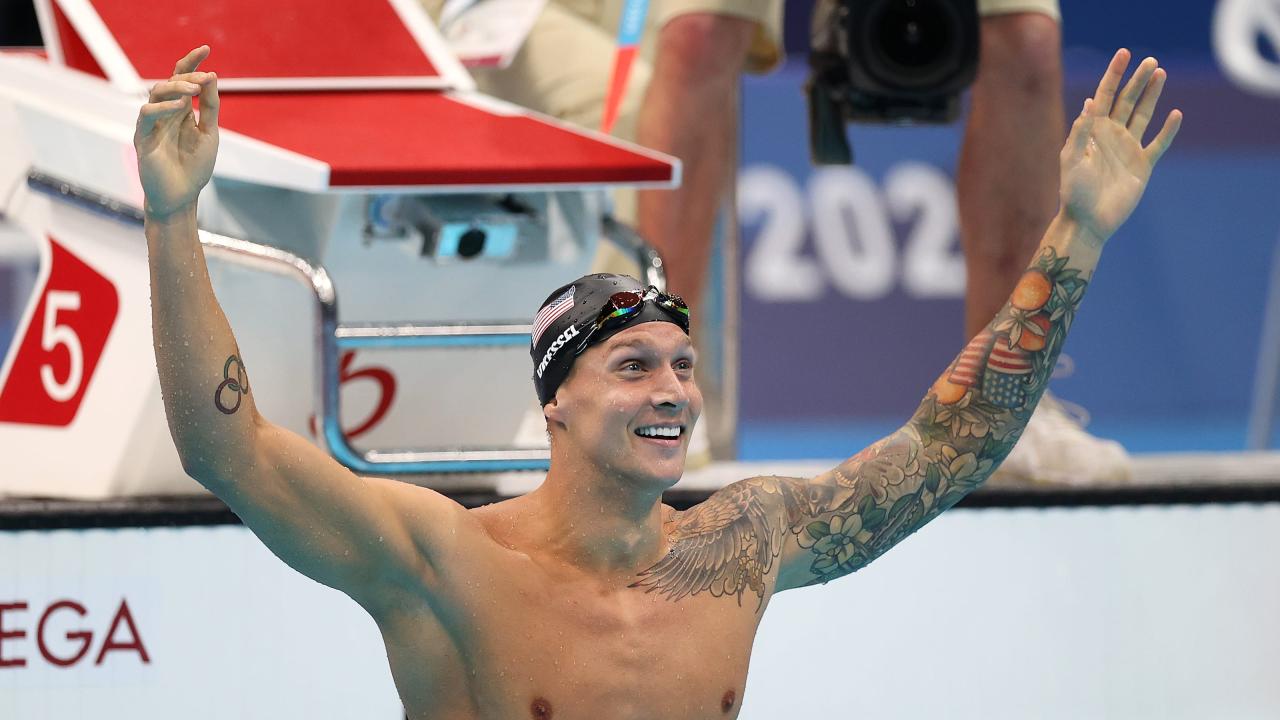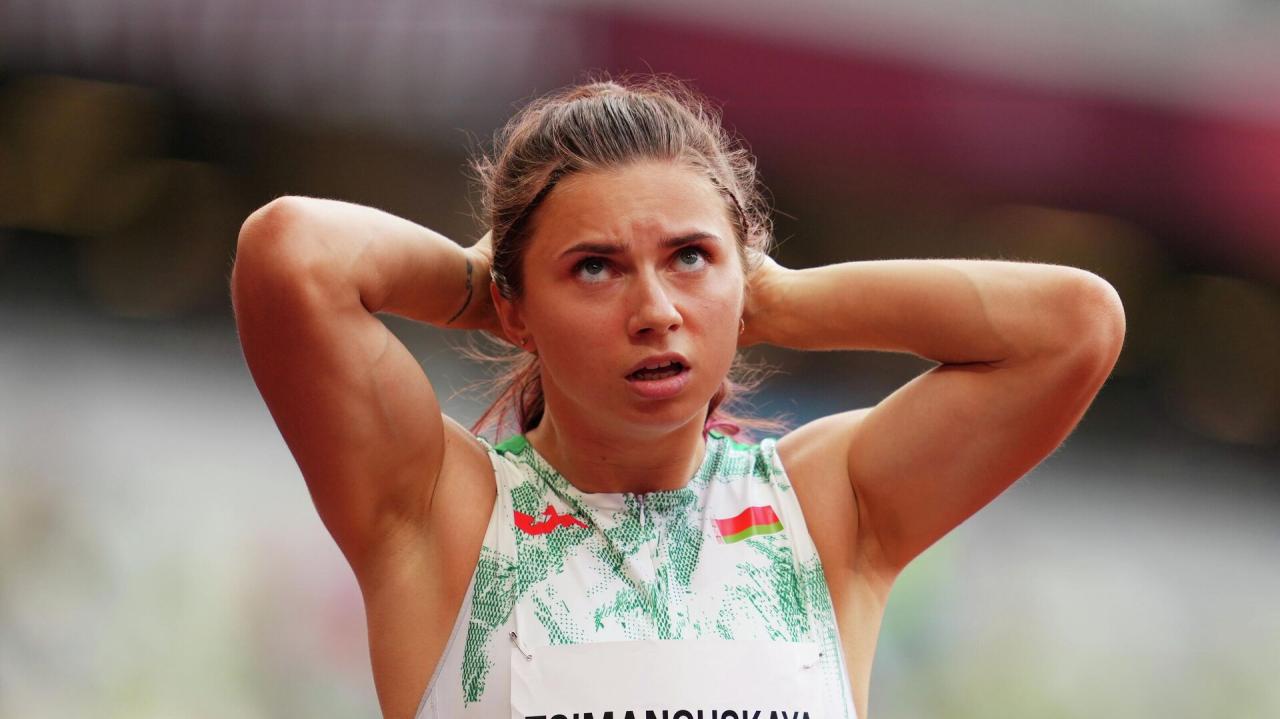The XXXII Summer Olympics ended in Tokyo, in which many did not believe until the last moment, was the most unusual in the history of the Games.
The Tokyo Games far exceeded my expectations, admitted Thomas Bach, head of the International Olympic Committee (IOC). The Olympics would have been better if they had not happened, he argued in absentia to the hundreds of millions of fans from all over the world, deprived of the opportunity to be in the sports arenas in the Japanese capital.
All those who are not stingy with their assessments now, however, should not forget that the main ones at the Olympics are the athletes, and for the athletes, winning the main competition of the four years is the most desired, even if they were held in such extreme conditions, as this time. The Summer Olympics in the Japanese capital will undoubtedly be remembered and argued about for a long time to come, as they are unique in many ways.
The Olympics was postponed by a year because of the pandemic; the competitions were held in compliance with the strictest sanitary and epidemiological requirements and almost without spectators due to the coronavirus restrictions. And everything else was as usual – the joy of victories and the bitterness of defeats, almost fantastic stories of medalists, incredible records and notorious scandals. Here is a look at the main results of the games: DW.
Team standings at Olympic Games 2020: who has how many medals
The Americans snatched victory in the unofficial, but closely watched by all the team standings, the last day bypassing athletes from China. The Americans have 39 gold, 41 silver and 33 bronze medals. The Chinese have 38, 32 and 18 medals respectively. The third place was firmly taken by the hosts-Japan (27, 14, 17), which was a surprise to many.
Germany has 37 medals (10 gold, 11 silver and 16 bronze), eighth in total medals and ninth in gold alone. At the 2016 Olympics in Rio, the German national team had 42 medals, of which 17 were of the highest rank, which was enough for fifth place in the team.
Russian athletes, who due to the doping scandal and sanctions by the IOC and WADA performed in Tokyo in neutral status – without the anthem, national symbols and under the flag of the Russian NOC (ROC) – won 71 medals (20, 28, 23). It is the third result in the team event in terms of the number of medals and the fifth in terms of gold. In Rio, the Russians won 55 medals, including 19 gold.
Of the post-Soviet countries, Ukraine has the most medals (19, including one gold), and Uzbekistan has the most gold (three).

Scandal around the performance of Kristina Timanovskaya
The biggest scandal of the current Games was connected with the Belarusian team, or more exactly with the 100 and 200 m runner Kristina Timanovskaya who did not return to Belarus. The coaches, who were to blame for the failure of the Belarusian participants of the 4x400m relay to pass the required number of doping tests and therefore were not allowed to run, decided to enter Timanovskaya in this discipline without consulting her personally.
When the athlete learned about it, she harshly commented on this subject in social networks, after which the Belarusian delegation withdrew Timanovskaia from the competition and decided to send her home, citing her “emotional and psychological state. Representatives of the Belarusian opposition and human rights activists expressed confidence that Alexander Lukashenko had made such a decision personally.
Meanwhile, the 24-year-old runner reported that it was against her will, asked for support from the IOC and the Japanese police and expressed the desire to fly to Austria. As a result, Timanowska flew to Poland, where the authorities gave her a humanitarian visa. Her husband-trainer went there, too, from Minsk, fearing persecution.
Friday, August 6, Polish authorities promised that they would provide conditions for the runner to continue her athletic career. The IOC, following the incident, has withdrawn the Olympic accreditations from two coaches of the Belarusian team, involved in the case of Timanovska.

The first transgender person at the Olympics
As for the most successful athletes, most awards in Tokyo were won by swimmers – American Caleb Dressel (5 gold) and Australian Emma McKeown (4 gold and 3 bronze). In addition to them, there was a lot of talk about another athlete. The Games in Japan are the first in which a transgender weightlifter Laurel Hubbard from New Zealand participated.
Hubbard was male under the name Gavin until she was 35 and competed in international weightlifting competitions. In 2012 she had a sex change, and in 2017 she won silver at the World Championships in the 90+ kg category. Although in Tokyo the athlete did not perform a single successful attempt in the snatch without taking the starting weight, her very participation caused a lot of discussion. Many claimed it was unfair to other women weightlifters.
There was so much criticism of Hubbard in the Russian media and in such a harsh form that even the IOC took notice, pointing out that there were more critical comments about LGBT athletes in talk shows on Russian TV channels, and assuring that “discrimination has absolutely no place in the Olympics”.

Problems manifested at the Tokyo Olympics
Although the fight for medals, as always happens at the Olympics, could not leave fans indifferent, we must admit that overall interest in the main event on the planet, which the Olympics are considered to be, has noticeably decreased. This was recorded by the relevant measurements of the television audience.
Not least of all, this was because of the overloaded program of the Games (in Tokyo 339 sets of medals were up for grabs, in Rio – 306), where such exotic disciplines as surfing and skateboarding appeared. Critics of the bloated program complained that it devalued the title of Olympic champion, which in the same skateboarding was won by a Japanese schoolgirl, and called for its reduction.
Meanwhile, the main fears of a coronavirus pandemic proved to be exaggerated. The worst, fortunately, was avoided. Yes, the number of the infected during the Games broke many records (on August, 5th in Tokyo, the highest daily increase of the number of the ill people was recorded – 5042 people), but in general, the situation remained under control. At the same time, both IOC head Thomas Bach and Japanese Prime Minister Yoshihide Suga assured that the Olympics had no effect on the increase in the number of infected people. The coronavirus system worked very effectively, and the athletes were able to spiritualize the Games, Bach said.

Well, all that remains is to sincerely thank the Japanese authorities for the fact that they decided to host the Olympics despite all the risks and warnings, as well as the negative attitude of most of the country’s population. And we hope that at the next Games – winter games in Beijing in 2022 and summer games in Paris in 2024 – everything will be like in the good old days again. With crowded stands and no masks.

